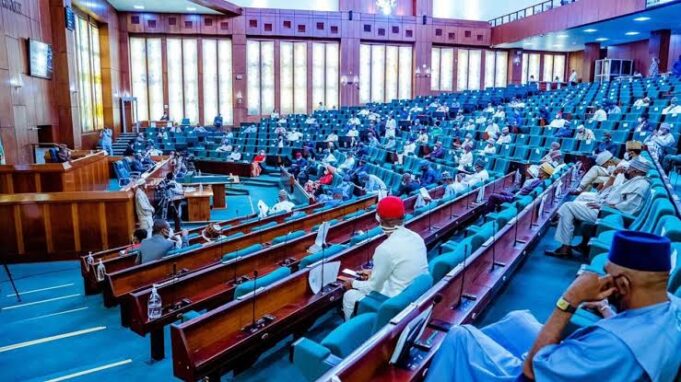The House of Representatives has adopted four tax reform bills, maintaining the current Value Added Tax (VAT) rate at 7.5%.
The bills were considered clause by clause and approved during a session of the Committee of the Whole, chaired by Speaker Abbas Tajudeen, on Thursday.
With their adoption, the bills are set for a third reading in the next legislative sitting.
According to reports, most contentious provisions that previously generated debate were addressed by the relevant committee, ensuring a smooth review process.
One of the key provisions approved is the VAT distribution formula, which will allocate revenue as follows: 50% based on equality, 20% according to population, and 30% based on consumption, consistent with a proposal by the Nigerian Governors’ Forum (NGF).
The House also rejected a proposal for a gradual increase in VAT rates, instead choosing to maintain the existing 7.5% rate.
Additionally, lawmakers replaced the term “ecclesiastical” with “religious” in one of the clauses to avoid controversy.
They also approved continuous funding for TETFUND, NASENI, and NITDA through development levies.
On the issue of inheritance tax, the House clarified that assets inherited before a dissolution (such as death or legal separation) will not be subject to taxation.
The adopted reports include:
- A bill for assessing, collecting, and accounting for revenue at all government levels (HB.1756).
- A bill to replace the Federal Inland Revenue Service (FIRS) with the Nigeria Revenue Service, responsible for tax assessment and collection (HB.1757).
- A bill establishing a Joint Revenue Board, Tax Appeal Tribunal, and Tax Ombud for dispute resolution in revenue matters (HB.1758).
- A bill repealing certain tax laws and consolidating Nigeria’s tax framework under the Nigeria Tax Act (HB.1759).

















